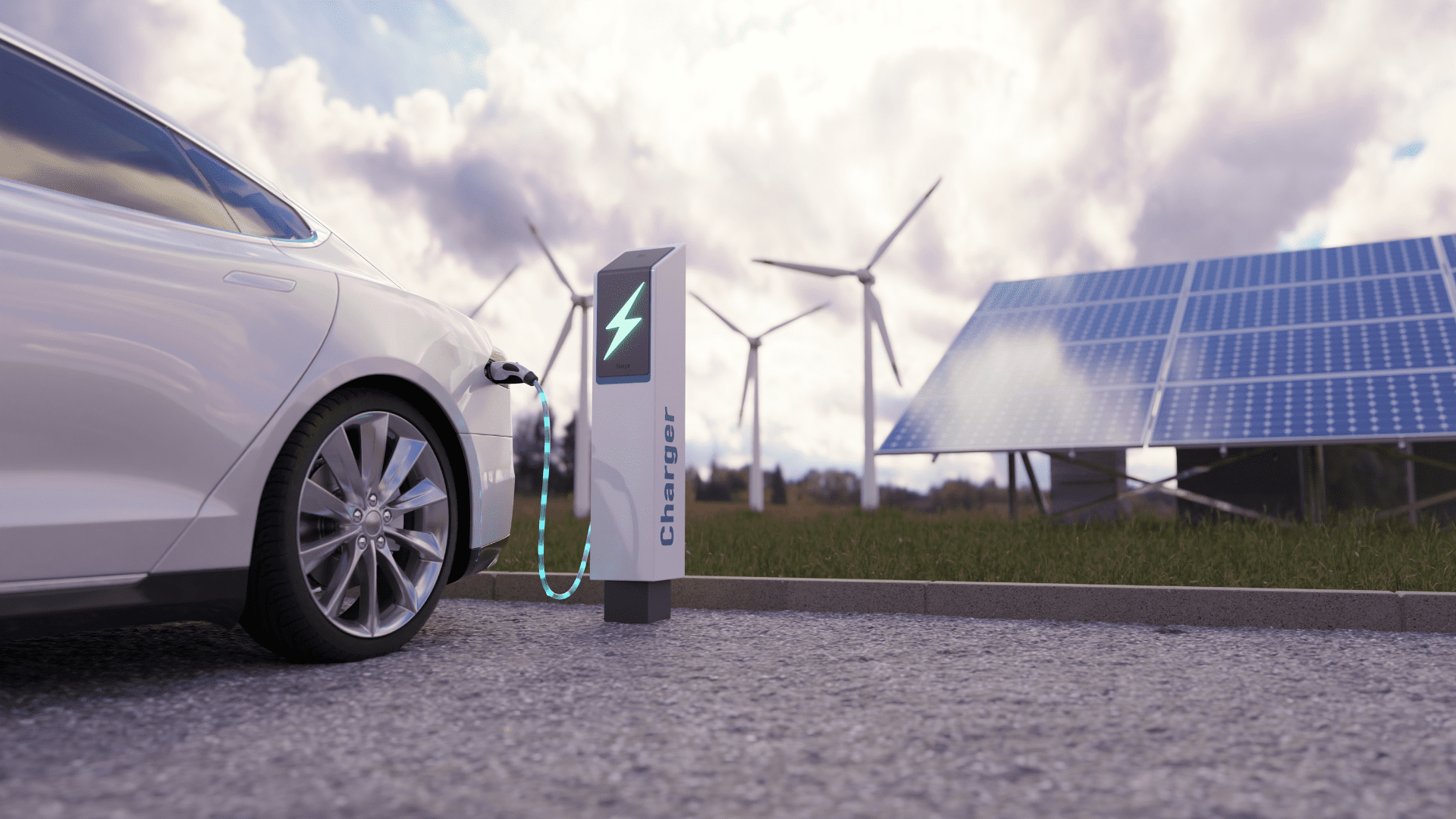Chinese scientists achieved a significant breakthrough after developing high-performing lithium batteries from discarded solar panels. The innovation shows promise for the future of electric vehicles and energy storage.
Repurposing Solar Panels

Researchers found a way to extract silicon from old solar panels to create high-performance silicon battery anodes. When they combined the anodes with a new type of electrolyte, the result was a lithium battery that stores significant energy. According to the researchers, it stores significantly more energy than traditional graphite anodes. As a result, the batteries are more efficient and last longer. These elements are crucial for future applications like EVs and large-scale energy storage.
There are several steps in extracting the silicone from solar panels to ensure it is purified and ready to reuse. First, scientists dismantle the panels to separate silicon cells from other components like glass, aluminum, and plastic. Next, the silicon cells undergo a chemical treatment to remove unwanted metals like aluminum and silver. Scientists repeat the chemical treatment to remove metallic impurities, resulting in high-purity silicon wafers. Finally, the silicon wafers are further processed into nano-silicon, which enhances their properties for high-performance battery anodes.
Environmental and Economic Benefits

Additionally, repurposing solar panels into batteries offers substantial environmental and economic benefits. For example, the repurposing process mitigates any environmental impacts of solar panel waste by preventing valuable materials from ending in landfills. In addition, it lowers the cost of lithium-ion batteries, making production more sustainable and accessible.
Dong Tiantian, the co-first author of the research paper, emphasized that converting solar panel waste into valuable battery components lowers costs and promotes sustainable battery materials.
However, recycling these materials presents several challenges, including the lack of standardization, economic viability, limited infrastructure, environmental and health risks, and regulatory hurdles. Improving solar panel recycling involves technological, economic, and policy innovations. Investing in research and development is crucial for better recycling technologies. Building a robust infrastructure requires collaboration with governments, manufacturers, and recycling companies. Finally, raising consumer awareness can boost participation rates.
This strategy addresses major challenges in battery materials and sets an example for sustainable innovation in the energy sector. The study’s lead author, Cui Guanglei, is optimistic about their work paving the way for next-generation batteries. Transforming waste into a valuable resource hints that high-performing, environmentally friendly lithium batteries are within reach.







